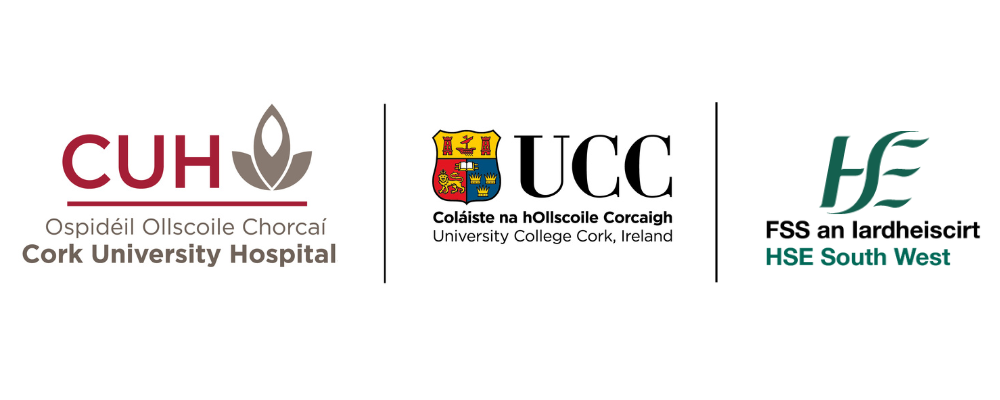Resources, Downloads & FAQs
Scroll to the end of this page for downloadable resources.
Frequently Asked Questions
How does my energy use harm the environment?
Energy-related CO2 emissions from the household, transport, services, industry and agricultural sectors account for approximately 60% of Ireland’s total greenhouse gas (GHG) emissions. In 2016, the indigenous energy production in Ireland reached the highest level ever recorded at 4,246 ktoe. Natural gas production also reached the highest level ever, as a result of the Corrib gas field coming on stream. In fact, the Environmental Protection Agency (EPA) says that electricity production is the largest industrial polluter in our state.
The importance of tacking Global Climate change
In 2018, the Intergovernmental Panel on Climate Change released a special report on the impacts of global warming of 1.5 °C above pre-industrial levels and related global greenhouse gas emission pathways, in the context of strengthening the global response to the threat of climate change, sustainable development, and efforts to eradicate poverty. According to the report, human activities are estimated to have caused approximately 1.0°C of global warming above pre-industrial levels, with a likely range of 0.8°C to 1.2°C. Global warming is likely to reach 1.5°C between 2030 and 2052 if it continues to increase at the current rate. See the reports: https://www.ipcc.ch/sr15/
How is Ireland involved?
In 1997 Ireland committed to the Kyoto Protocol which is an international agreement linked to the United Nations Framework Convention on Climate Change. It sets internationally binding emission reduction targets. Ireland’s role in addressing Climate Change is further underscored through their commitment to addressing Climate Change through the Paris Agreement. The Paris Agreement builds upon the Convention and – for the first time – brings all nations into a common cause to undertake ambitious efforts to combat climate change and adapt to its effects, with enhanced support to assist developing countries to do so.
What measures is Cork University Hospital campus taking to reduce its carbon footprint?
The Sustainable Healthcare Change Programme outlines the plans and initiatives for CUH to reduce its carbon footprint. The CEO, EMB and Sustainable Environmental Steering Group oversee the programme to ensure CUH continues to progress the themes of a Green Flag campus. There is a particular focus on reducing the carbon footprint through greater energy and water efficiency, as well as reducing waste volumes.
How do I become Green Advocate/Energy Champion?
Green Advocates/Energy Champions usually volunteer or can be formally nominated by the Ward/ Departmental manager. To become a Green Advocate/Energy Champion for your department, establish whether there is an existing Green Advocates/Energy Champions. If the department has a green advocate/energy champion, then, it may be worth considering joining them in forming a green team. Inform your line manager and seek approval.
Email CUH.SustainableEnv@hse.ie requesting to be added to the existing Green Advocate Network.
Want to learn more? There are many great resources available on climate change and environmental impacts of healthcare provision.
The following resources may provide useful information (please note the links are provided as informational resources only).
Resources
Climate Ireland is being designed and developed as part of the EPA-funded 'Climate Information Platform for Ireland' project.
Climate Ireland aims to provide informational support and advice to help organisations, sectors and government to adapt to the now inevitable consequences of climate change.
This work involves:
Enhancing knowledge and raising awareness
The provision of climatic and adaptation information
Facilitating decision-making for adaptation
Presentations from the Sectoral Adaptation Seminar that took place on the 10th June 2014
- Sustainable Office Checklist
- HSE Waste Management Handbook
- Green Campus programme Re-assessment 2018
- Green Campus Action Plan 2020
- Food Waste Segregation Poster
- Flat Pack Cardboard Poster
- Energy Saving Checklist
- Energy Recovery Poster
- DCCAE Waste Action Plan for a Circular Economy
- CUH Recycling Poster op2
- Climate Action Plan 2019
